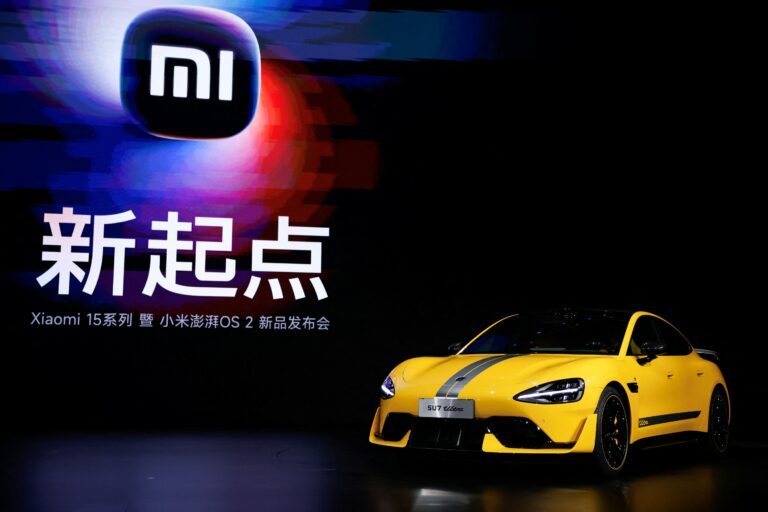China has taken significant steps to regulate the rapidly evolving electric vehicle (EV) industry by banning automakers from using the terms “smart driving” and “autonomous driving” when advertising driving assistance features. The government has also tightened rules around technology upgrades for such vehicles, according to a transcript of a meeting between the Ministry of Industry and Information Technology and nearly 60 representatives from automakers.
Regulatory Changes
The new regulations, announced after a fatal accident involving Xiaomi’s SU7 sedan, aim to address growing concerns over vehicle safety and the potential for misleading advertising. The accident occurred when the vehicle, traveling at 97 kph, caught fire after hitting a cement roadside pole seconds after the driver took control from the advanced driving assistance system (ADAS).
Under the updated rules, automakers will no longer be allowed to test and improve their ADAS via remote software updates for vehicles already delivered to customers without prior approval from the authorities. Companies must now conduct sufficient tests to verify reliability and obtain approval before rolling out such updates.
Industry Impact
The regulatory move comes as automakers have been rushing to launch new models equipped with ADAS, touting “smart driving” capabilities as a key selling point in an increasingly competitive market. Companies like BYD have rolled out affordable models with “smart driving” features, with at least 21 models priced from less than $10,000 introduced in February alone.

Consequences of Non-Compliance
The Chinese public security ministry’s traffic safety research center warned that automakers found misleading consumers by fabricating or exaggerating assisted driving functions in advertisements could face significant penalties. Fines could range from five to 10 times the advertising fee, or even revocation of their business license. In severe cases where false advertising leads to traffic accidents resulting in casualties, perpetrators may face criminal charges, potentially leading to sentences of less than two years in prison.
Industry Reaction
While stricter regulations are expected to increase costs and slow the pace of technology development and adoption, analysts and industry sources suggest that this move could also accelerate much-needed consolidation in China’s crowded auto industry, which has been grappling with overcapacity. Companies like Huawei, which supplies ADAS to at least seven brands including Audi in China, attended the meeting with the Ministry of Industry and Information Technology, indicating a willingness to comply with the new regulations.



